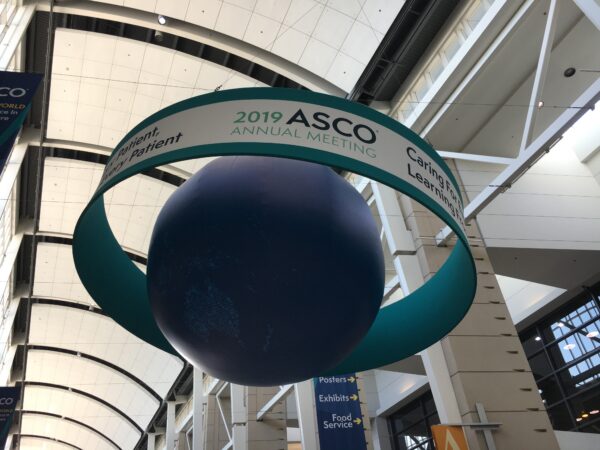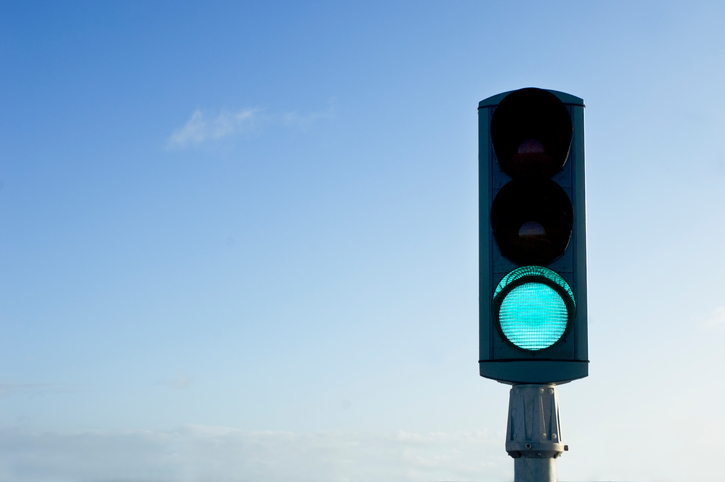
Early data on a bispecific monoclonal antibody for multiple myeloma show that patients receiving it achieved deep and persistent responses to therapy, while the safety profile was described as manageable, the company developing it said Monday.
Johnson & Johnson’s Raritan, New Jersey-based subsidiary, Janssen Pharmaceutical Companies, announced data from the Phase I dose-escalation study of JNJ-7957 (teclistamab) in patients with relapsed or refractory multiple myeloma. The company will present the data in an oral session at the American Society of Clinical Oncology’s annual meeting at the end of the month, which is taking place virtually due to the Covid-19 pandemic.

With the Rise of AI, What IP Disputes in Healthcare Are Likely to Emerge?
Munck Wilson Mandala Partner Greg Howison shared his perspective on some of the legal ramifications around AI, IP, connected devices and the data they generate, in response to emailed questions.
Teclistamab targets the BCMA antigen on the surfaces of cancerous myeloma cells and inducing the immune system’s T cells to kill them by targeting an antigen on their surfaces called CD3. According to an abstract of data that were posted on the ASCO website last week, 20 of the 52 patients evaluable for efficacy achieved a response to treatment, including seven of the nine receiving the drug at the highest dose, with one awaiting confirmation. Both patients evaluable for minimal residual disease (MRD) negativity – meaning no detectable trace of disease – were MRD-negative, with treatment ongoing after more than a year.
Among all the patients evaluable for safety, cytokine release syndrome – a kind of overactive immune system response – occurred in 56%, with all cases of CRS being mild to moderate. Eight percent experienced neurological toxicity, with 3% being severe or worse, and 61% experienced adverse events related to infections, while lower blood counts occurred in around one-fifth to one-quarter. Two patients experienced side effects severe enough to require them to received limited dosing, namely one case of lowered blood counts and one case of delirium.
“While the treatment of multiple myeloma has significantly advanced over recent years, finding additional treatment options for patients who relapse and become resistant to existing therapies remains critical,” said lead study investigator Dr. Saad Usmani, of Carolinas HealthCare System’s Levine Cancer Institute, in a statement. “Initial findings for teclistamab in this heavily pretreated population support further study of this investigational dual-targeting immunotherapeutic.”
J&J’s nearest competitor in the development of a bispecific antibody for multiple myeloma is Amgen, which is developing AMG 420 and AMG 701, which also target BCMA. Additionally, J&J is developing JNJ-4528, a BCMA-targeting CAR-T cell therapy, Phase I data for which it is also presenting at ASCO. Bristol-Myers Squibb and bluebird bio are currently in the lead in developing a BCMA-targeting CAR-T, namely idecabtagene vicleucel, for which they are presenting updated data from the Phase II KarMMa study at ASCO.
The company that originally developed JNJ-4528 and outlicensed it to J&J, Nanjing, China-based Legend Biotech, said in a regulatory filing last week that it would seek to raise $100 million in an initial public offering.
Photo: Alaric DeArment, MedCity News














